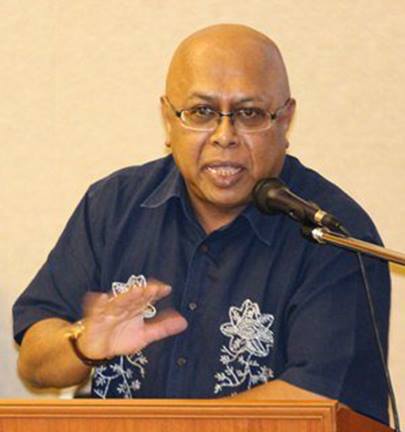
PRESS STATEMENT BY GERAK, Dec 31 – GERAK (PERGERAKAN TENAGA AKADEMIK MALAYSIA) media statement on UNIMAP Ethnic Relations Examination Paper.
The compulsory Ethnic Relations module in Malaysian public universities has had a chequered and controversial history since it was first introduced by the Barisan Nasional (BN) government in 2005.
Within a short period of time, it was criticized and condemned by many as being politically and ethnically biased, and was removed and replaced by a more `refined’ version in 2012.
The new version, designed by Professor Shamsul Amri Baharuddin and his team at Universiti Kebangsaan Malaysia (UKM), in the words of a UKM researcher, Rozita Ibrahim, was regarded by Shamsul himself “as a ‘living document’ to be updated from time to time because ethnic relations itself is ‘a work in progress’.”
All fine and good.
Until, of course, some academic(s) handling the module decide to make the module an instrument of indoctrination, rather than a course to cultivate mutual understanding and the liberation of young minds.
In this regard, GERAK is deeply concerned with the latest revelation of possible impropriety in the handling of this module by Universiti Malaysia Perlis (UNIMAP).
Over the past couple of days, copies of the UNIMAP examination paper for this module have been circulating in social media. It is a multiple-choice questions (MCQ) paper, and question number 60 is the one that is being widely circulated.
It goes like this ;
Zakir Naik is one of the icons of the Islamic world, he is very active in spreading true Islam and following the Quran and Sunnah and Rasullullah S.A.W. He is able to reason and to answer every question that is asked to him. However, in Malaysia he is no longer allowed to deliver his preaching. In your opinion as a Malaysian, why does it happen? (emphasis added)
And, despite asking for the respondent’s opinion, the examiner provides four narrow answers to choose from.
All of which, together with the way the question is worded and structured, clearly indicate the subjective and extremely biased view of the examiner.
The UNIMAP authorities have been quick to admit that it is their exam paper and that they will investigate the matter.
The Education ministry, rightly in this reformist period of providing university autonomy, has asked UNIMAP to resolve this problem before it becomes widespread and justifying public fears of religious indoctrination in a particular direction.
This is GERAK’s concern as well.
The Ethnic Relations module, undertaken as a compulsory module, by ALL undergraduates, irrespective of ethnicity and religion, must be properly and sensitively handled, in line with the objectives of the 2012 revision and, more importantly, the Malaysia Education Blueprint 2015-2025.
GERAK is also puzzled how an established public university like UNIMAP, set up nineteen years ago in 2001, allowed this to slip through its fingers.
Indeed, more unfortunate questions from the paper are now allegedly being unearthed and circulated; questions which appear to be derogatory in nature, going totally against the spirit and overall aims of the module.
We all know that every Malaysian university, public and private, must vet its exam papers beforehand, at least at departmental or school level.
Where was the vetting system in this case?
Also is this an isolated incident or are other public universities also running their modules in such an unfortunate and counterproductive manner?
GERAK believes that at a time when ethnic relations in Malaysia could do with a major boost, actions – accidental or otherwise – such as this UNIMAP misadventure need to condemned and resolved quickly, never to happen again.
GERAK Exco
31 December 2019

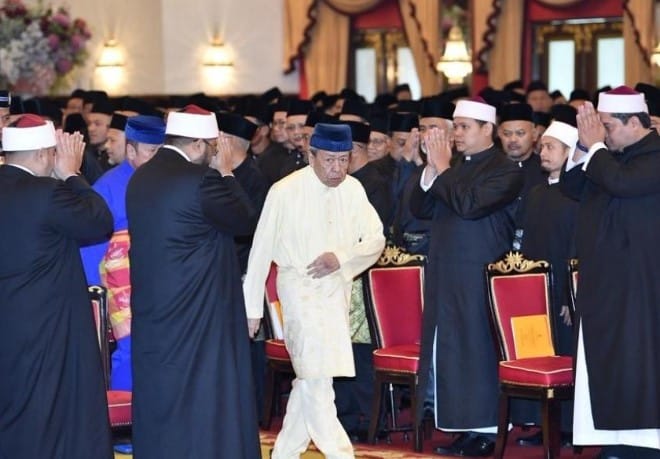
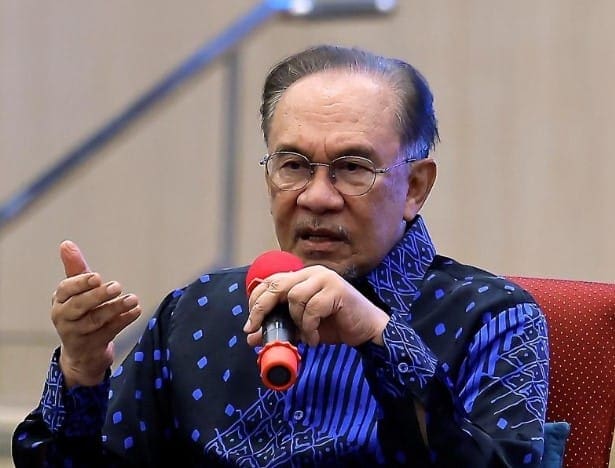
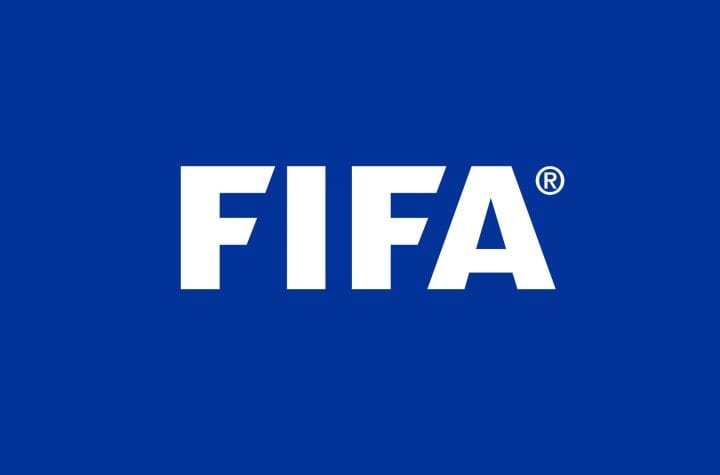
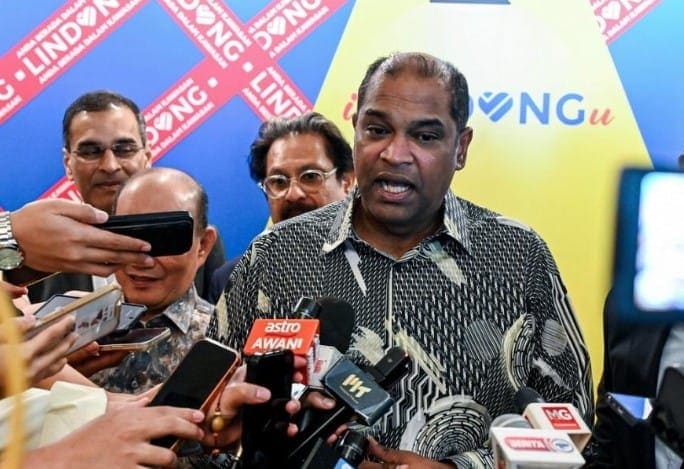
More Stories
Mosques, Suraus Must Be Free From Politics – Sultan Of Selangor
Socso’s Lindung 24/7 Scheme To Be Implemented By Mid-Year – Ramanan
Details Of Malaysian Syariah Prosecution Department Being Finalised – Zulkifli